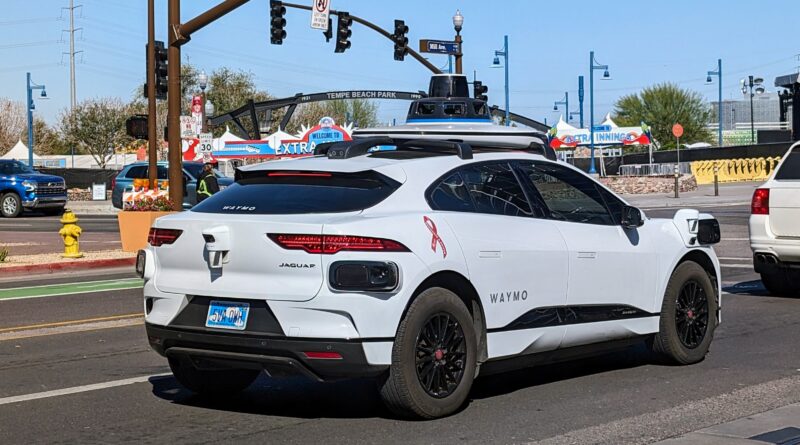Former Uber Boss: Robotaxis Too Expensive, Not Replacing Human Drivers Anytime Soon — Is That True?
To be fair, this is not a new take on the potential “robotaxi revolution.” Robotaxi tech has been expensive for as long as robotaxis have been in development. That is one of the reasons robotaxis aren’t all over the place already. But I was curious to run some numbers after seeing this latest comment and dive into the discussion a bit myself. After all, it does seem to be “robotaxi week” here on CleanTechnica.
"These things are expensive. The Waymo cost of that whole vehicle… is about $300K. That's not going to replace a driver financially anytime soon," says @emilmichael about robotaxis. pic.twitter.com/vuKGsoorsD
— Last Call (@LastCallCNBC) June 24, 2024
First, let’s get the comment, which comes from Emil Michael, former Chief Business Officer at Uber. He stated, “It’s always around the corner, but it takes more time than people think, Bryan, because of regulation, the cost of the vehicles that do it well, and also just the density of enough driverless cars in any city to have a ride take 10 minutes or less to get to your door when you order one,” Michael said. Bryan Sullivan, host of Last Call, summarized: “A whole lot of them, all the time, everywhere.”
“And these things are expensive. The Waymo cost of that whole vehicle, with all the spinning thing you see on top of the car, is about $300,000. That’s not going to replace a driver financially anytime soon.”
So, first of all, this discussion just made me think, well, how long would it take to make up the cost of the vehicle? Googling a bit, I found the average salary of a taxi driver in the US ranging from about $30,000 to $57,000. However, in the latter case, estimated total pay was around $72,000. If we use the $300,000 vehicle cost and low $30,000 salary, that’s 10 years to reach payback. However, if we use $50,000, we’re down to 6 years. And if we use $70,000, we’re down to 4.3 years. Now, that $57,000/$72,000 came from Glassdoor and was identified as the median. If we look at the high-end base pay of $80,000 or high-end total pay of $100,000, then we’re talking a payback time of 3.75 years and 3 years, respectively. That’s a pretty attractive payback time.

Going beyond that pretty limited view, there are other matters to consider when thinking about the original question. For one, Waymo’s vehicle costs will presumably come down a lot over time as the company’s operations scale up. That will make it much easier to make an ROI. Also, we’ve just been talking about Waymo. There may be other companies — like the recently discussed Tesla and Zoox — that could end up developing robotaxis at a lower vehicle cost.
From my simple evaluation of the matter, I see robotaxis growing pretty fast in use and replacing tax drivers in more and more big cities in the years to come. Though, as noted the other day, I’ve become more skeptical about a robotaxi revolution making a large portion of car owners ditch their own cars for robotaxis instead, for reasons expounded on here.
Related stories:
Critique of ARK Analysts’ Tesla Robotaxi Projections Misses Some Key Points, But ARK Might Too
Real (But Boring) Reasons Robotaxis May Be Overhyped
Waymo Goes Big In San Francisco
Have a tip for CleanTechnica? Want to advertise? Want to suggest a guest for our CleanTech Talk podcast? Contact us here.
Latest CleanTechnica.TV Videos

CleanTechnica uses affiliate links. See our policy here.

